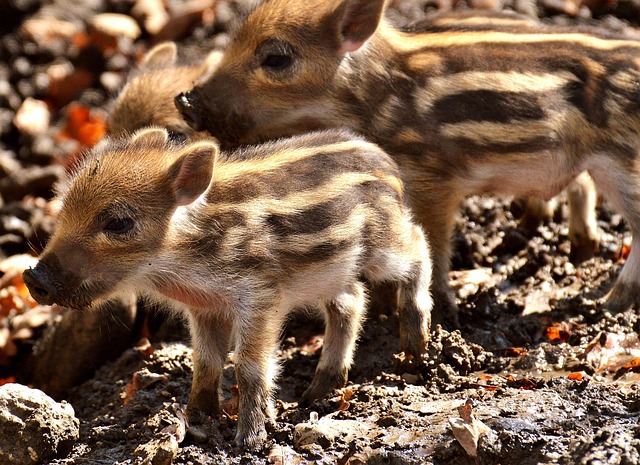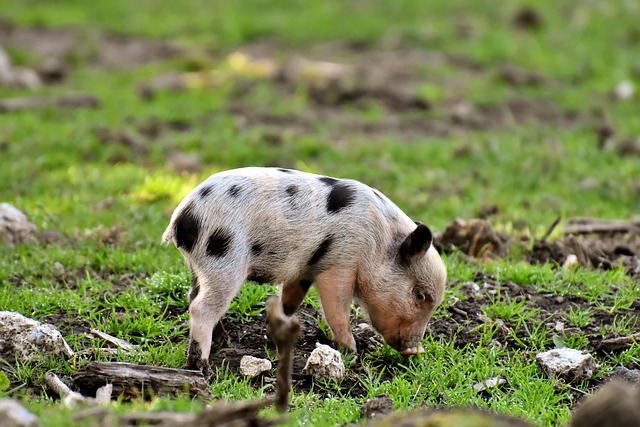Mini pigs have captured hearts worldwide as unique and intelligent pet alternatives. These charming creatures, also known as teacup pigs or micro pigs, offer a distinctive pet ownership experience that differs significantly from traditional cats and dogs. However, before welcoming a mini pig into your home, understanding their specific needs and characteristics is essential.

What Are Mini Pigs Really?
Despite marketing claims, truly “teacup” pigs don’t exist. Most mini pigs weigh between 50-150 pounds when fully grown, making them considerably larger than many people expect. Popular breeds include Pot-bellied pigs, Juliana pigs, and KuneKune pigs. These intelligent animals can live 12-20 years, representing a significant long-term commitment.
Intelligence and Personality
Mini pigs rank among the most intelligent domestic animals, often compared to dogs in their cognitive abilities. They’re highly trainable, capable of learning tricks, responding to their names, and even using litter boxes. Their personalities are complex – they can be affectionate, playful, and social, but also stubborn and demanding. Pigs establish hierarchies and may test boundaries with their owners, requiring consistent training and leadership.
Housing and Space Requirements
Contrary to apartment-friendly marketing, mini pigs need substantial space. A secure yard is essential, as pigs are natural foragers who love to root and explore. Indoor living requires pig-proofing your home – these curious animals will investigate everything with their snouts. Provide a designated sleeping area with blankets, as pigs enjoy comfort and warmth. Many owners create outdoor enclosures with shelters, mud wallows, and rooting areas.
Diet and Nutrition
Proper nutrition is crucial for maintaining your pig’s health and managing their weight. Commercial pig feed should form the diet’s foundation, supplemented with fresh vegetables and limited fruits. Avoid dog or cat food, which lacks appropriate nutrition for pigs. Obesity is a serious concern, as overweight pigs face numerous health issues. Establish regular feeding schedules and monitor portion sizes carefully.
Health Considerations
Mini pigs require specialized veterinary care from exotic animal practitioners. Regular health maintenance includes hoof trimming, tusk management (if applicable), and routine vaccinations. Common health issues include arthritis, respiratory problems, and skin conditions. Spaying or neutering is strongly recommended to prevent behavioral issues and health complications.
Legal and Social Considerations
Before acquiring a mini pig, research local zoning laws and homeowners’ association regulations. Many areas classify pigs as livestock, prohibiting them in residential neighborhoods. Additionally, finding appropriate veterinary care, boarding facilities, or pet-sitters can be challenging.
The Reality Check
While mini pigs can make wonderful companions for the right owners, they’re not suitable for everyone. They require significant time, space, and financial investment. Potential owners should realistically assess their commitment level, living situation, and ability to provide proper care for 15+ years.
Making the Decision

If you’re considering a mini pig, connect with reputable breeders, visit pig sanctuaries, and speak with current owners. Understand that these aren’t low-maintenance pets – they’re intelligent, social animals requiring dedicated care, training, and attention.
Mini pigs offer unique companionship for prepared owners who can meet their complex needs. With proper care, training, and commitment, these remarkable animals can become beloved family members, bringing joy and personality to the right households.
